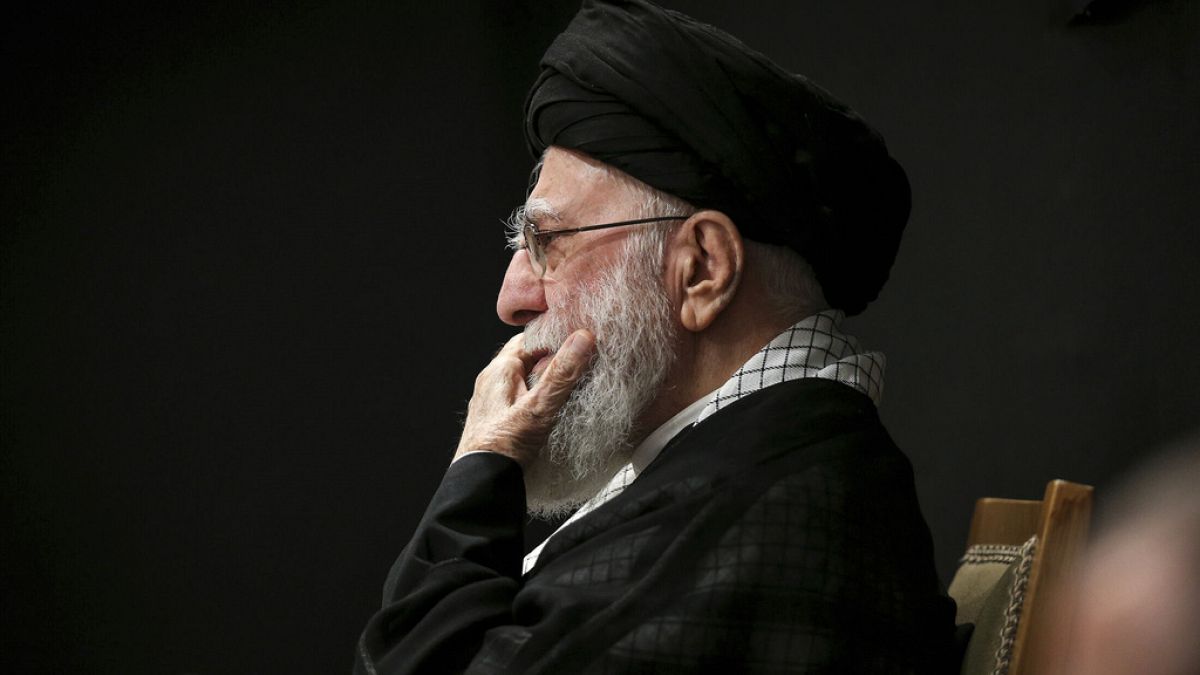

In the midst of a rapidly changing geopolitical landscape, new shifts and tensions are emerging around the globe. These developments are influencing international relations, impacting regional stability, and reshaping alliances.
Iran’s Continued Presence Amidst Regional Conflict
In Iran, the Supreme Leader made his first public appearance since the onset of hostilities with Israel. This appearance signals Iran’s steadfast presence on the world stage amid ongoing regional conflicts. Despite recent tensions, the leadership in Tehran has maintained its position and continues to navigate the complexities of international diplomacy. The unrest, though critical, is part of a broader picture, underscoring the challenges of achieving regional stability.
Calls for Hostage Release in Israel
In Tel Aviv, peaceful rallies brought together citizens and advocates who are calling for the release of hostages currently held in Gaza. The demonstration occurs as Israel’s security cabinet considers a proposal concerning a potential ceasefire and hostage exchange deal with Hamas. This situation highlights the ongoing humanitarian concerns and the importance of diplomatic efforts in resolving such crises. As citizens gather to advocate for peace, there is hope for constructive dialogue to yield positive outcomes.
Ukraine and Russia’s Escalating Conflict
Ukraine remains a focal point of European attention as it reports striking a Russian airbase amid an intensifying bombing campaign by Moscow. Ukrainian President Volodymyr Zelenskyy recently described a phone call with U.S. President Donald Trump as “very important and productive,” suggesting ongoing international collaboration in addressing the conflict. Meanwhile, reports from Dutch and German agencies have revealed Russia’s increased use of banned chemical weapons, raising significant concerns and prompting calls for sanctions alongside support for Kyiv.
Pakistan’s Response to Militant Threats
In a separate development, Pakistani troops have thwarted an infiltration attempt by militants from Afghanistan, resulting in the fatality of 30 individuals. This incident is part of a broader increase in militant activity in Pakistan, much of which is attributed to the Pakistani Taliban. The developments underscore the persistent security challenges the region faces and reflect the complex dynamic between neighboring states.
Russia’s Evolving Diplomatic Relations
On the diplomatic front, there are notable shifts within Russia’s circle of alliances. Moscow has recently recognized the Taliban as the ruling government of Afghanistan, indicative of its changing diplomatic strategy. At the same time, traditional ties with countries such as Azerbaijan and Armenia appear to be loosening. The evolving nature of these alliances reflects broader geopolitical strategies and highlights the shifting sands of international relations.
These stories collectively paint a picture of a world in motion, grappling with old tensions through new avenues of diplomacy and conflict. As nations respond to these challenges, maintaining an open and engaged dialogue remains crucial for achieving stability and peace. The international community’s watchful eye will undoubtedly continue to monitor these situations closely, with the hope that constructive engagement can pave the way for peaceful resolutions.
Source: {link}
